
- 162 Posts
- 257 Comments
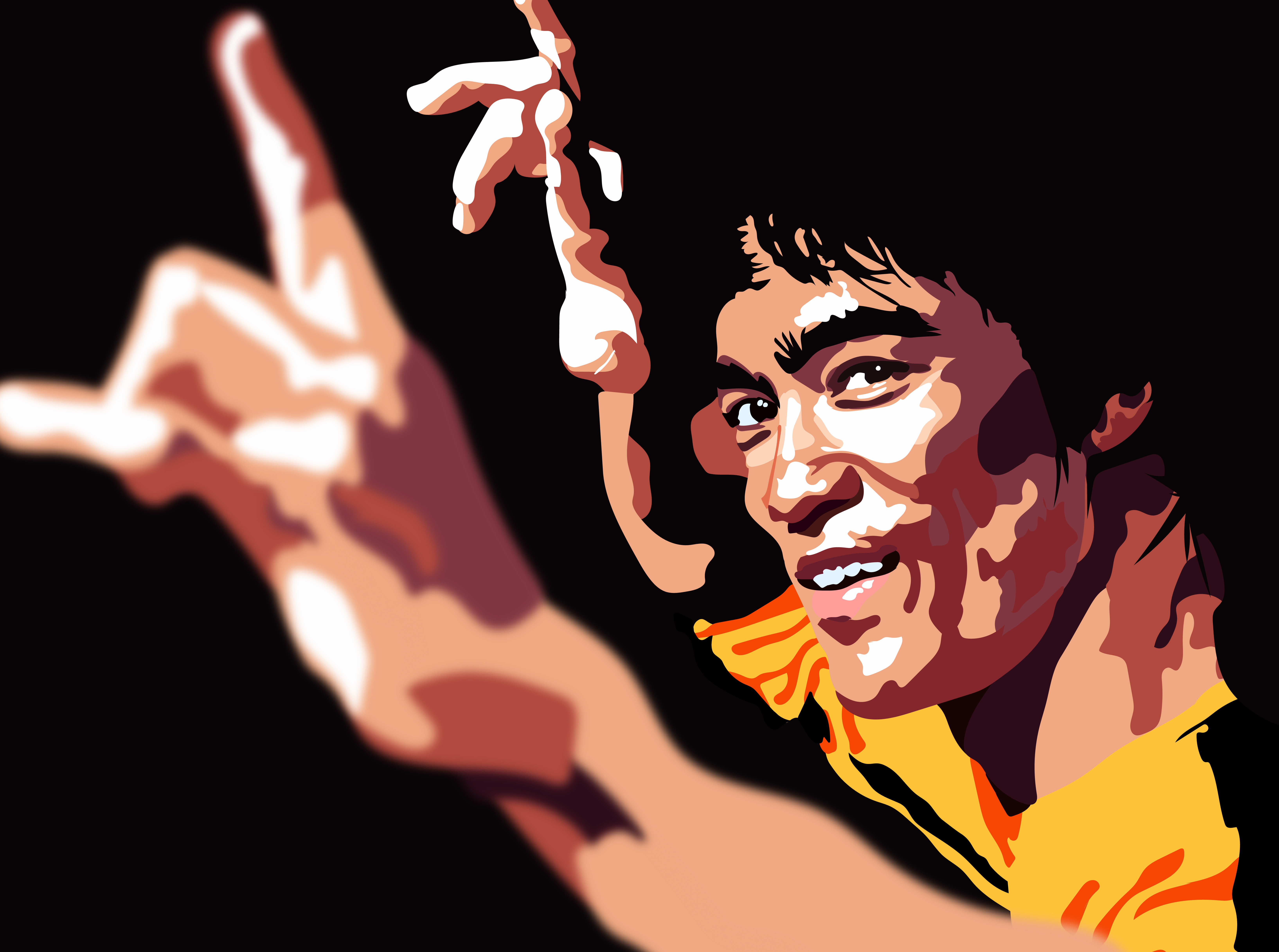
 2·11 months ago
2·11 months agoDaniel Craig is so great in that movie. I’m here for the Daniel Craig funny accent universe.

 2·11 months ago
2·11 months agoThe list. I was surprised Terminator 2 wasn’t added yet, but I’m glad to see it.
- “A Movie Trip Through Filmland” (1921)
- “Dinner at Eight” (1933)
- Bohulano Family film collection (1950s-70s)
- “Helen Keller in Her Story” (1954)
- “Lady and the Tramp” (1955)
- “Edge of the City” (1957)
- “We’re Alive” (1974)
- “Cruisin’ J-Town” (1975)
- “¡Alambrista!” (1977)
- “Passing Through” (1977)
- “Fame” (1980)
- “Desperately Seeking Susan” (1985)
- “The Lighted Field” (1987)
- “Matewan” (1987)
- “Home Alone” (1990)
- “Queen of Diamonds” (1991)
- “Terminator 2: Judgment Day” (1991)
- “The Nightmare Before Christmas” (1993)
- “The Wedding Banquet” (1993)
- “Maya Lin: A Strong Clear Vision” (1994)
- “Apollo 13” (1995)
- “Bamboozled” (2000)
- “Love & Basketball” (2000)
- “Twelve Years a Slave” (2013)
- “20 Feet From Stardom” (2013)
Right! I love Alex Garland so I’m in just off of him being involved. But the premise, Jesse Plemons and Kirstin Dunst (fantastic in Fargo season 2), and Nick Offerman have me hyped.

 104·11 months ago
104·11 months agoSo sad. I know he’s mostly known nowadays for Brooklyn 99, but I first remember him from Primal Fear.

 2·11 months ago
2·11 months agoOf course, I think OP just saw the taglines that referenced it and wasn’t aware of the actual community posts. I’m one of the leads of the Community Team, so could, naturally, tell you more, haha. Thanks for subbing!

 2·11 months ago
2·11 months agoHey there, Community Spotlight is a community and weekly post, that we feature, for communities that we find interesting and want to highlight. Every week, we highlight a LW as well as a Fediverse community. You can submit your suggested community by commenting on any Weekly Spotlight post or contacting the Community Team. You can also join our public Discord server and comment your suggestions in the #community-spotlight channel.

 3·11 months ago
3·11 months agoHey there, Community Spotlight is a community and weekly post, that we feature, for communities that we find interesting and want to highlight. Every week, we highlight a LW as well as a Fediverse community. You can submit your suggested community by commenting on any Weekly Spotlight post or contacting the Community Team. You can also join our public Discord server and comment your suggestions in the #community-spotlight channel.

 8·11 months ago
8·11 months agoHey there, Community Spotlight is a community and weekly post, that we feature, for communities that we find interesting and want to highlight. Every week, we highlight a LW as well as a Fediverse community. You can submit your suggested community by commenting on any Weekly Spotlight post or contacting the Community Team. You can also join our public Discord server and comment your suggestions in the #community-spotlight channel.

 2·11 months ago
2·11 months agoIt truly is. Smoother animation and so much detail.

 3·11 months ago
3·11 months agoI found this Reddit comment that I think explains the movie pretty well. I agree it can go over your head easy but this makes the most sense to me and is closest to how I felt about it.
https://www.reddit.com/r/movies/comments/189iju6/the_boy_and_the_heron_is_beautiful_and/kbtzvns/
spoiler
The film is not about Mahito’s “quest” to find Natsuko. It’s about his “quest” to overcome his grief / anger / bitterness and persevere in an unjust and cruel world, and his ability to find Natsuko and accept her as his new mother is just one aspect of that.
I don’t agree that the last half of the movie is vague at all. The general thematic thrust is very clear: “I am dying soon and the fabric of my reality is coming apart; you can follow in my footsteps and try to control everything until the bitter end, or accept that life is chaos and you can only control some things so try to enjoy what you can.” The main themes are death and rebirth. Mahito, in meeting a younger version of his mother (Himi), finally gets closure about her death (“I’m not afraid of fire”), even as she passes him onto her sister Natsuko, who is both Mahito’s “new mother” and also literally pregnant with a new child.
The plot is pretty simple and makes sense when you don’t overthink it. My take is that if you see it again, knowing how the film is structured, it will be easier for you to understand.
Natsuko is called to the tower because she is part of the uncle’s bloodline. (Kiriko mentions “We maidens can’t hear the tower master’s voice.”) The tower master intends to keep the baby as his successor. Himi makes it clear that the Tower Master expects to keep Natsuko and her child there forever, and initially suggests Mahito give up and go home. So the stakes for Mahito are that he loses his “mother”/family AGAIN. The “taboo” of entering the birth room is probably a part of the religious beliefs of the parakeets relative to their “Lord”/God, who is the Tower Master, but it has echoes of the Japanese myth of Toyotama-hime , who turned into a dragon while giving birth and devoured her husband for breaking the taboo – the papers in this film, with their sharp teeth, resemble a dragon as well. She says she hates him because she and the chamber are in the clear possession of the meteor, which understands that that is one of the worst things she could say to him (whenever you see the electric sparks, that is a sign that the meteor is reacting). Natsuko escapes at the end of the film because the stone implodes and no longer has control over her.
Mahito does reflect on this choice between his two encounters with his granduncle. In his first encounter he derides the stone blocks as being “full of malice” since they are tombstones. He awakens from his slumber and witnesses the lengths to which the parakeets will go to confront their “Lord.” Then on his second encounter, he realizes it’s actually himself that is “full of malice” (signified by his self-inflicted wound) and that he isn’t worthy of becoming a God. It seems you missed the idea that the tower master, via the meteor’s power, has control of space and time – the tower master is responsible for the suffering of the pelicans, the wara wara, the parakeets, etc etc. It is a “perfectly balanced” world by his standards, and he offers Mahito a chance to “build his own tower” and create a world of beauty and harmony. He says this very explicitly.
This is a matter of taste but I don’t know why you would look for that sort of melodrama from a Miyazaki film. When Chihiro is reunited with her parents in Spirited Away, they don’t hug and cry and get emotional. In The Wind Rises, Jiro is so disaffected, he can barely communicate his love for his wife even as she withers away in front of him. Miyazaki is about conjuring genuinely intimate moments between human characters with all their fears and faults, and I would argue that the low-key tea and jam Mahito shares with Himi is 100% more beautiful and emotional than “a tearful reunion” would have been, given that Mahito is so emotionally damaged. It seems clear to me that he recognizes she’s his mother on a fundamental level as soon as he eats her bread, which “is just like my mother used to make” (which is also after she tells him that Natsuko is her sister). We as the audience basically know Himi is his mother the first time we see her. So why would Miyazaki feel the need to include some sort of “reveal” scene? It’s not a Hollywood film. He respects our intelligence as viewers too much to do that.
Most of Miyazaki’s films are filled with “unexplained” magic, logical leaps, etc. This one is just ingeniously designed to keep you asking questions – which is why the original title is “How Do You Live?”
EDIT: Copy/pasted comment in case you don’t want to go to reddit.

 3·11 months ago
3·11 months agoI’d definitely recommend seeing it. It’s really nothing like Spirited Away outside of both having a kid going into another world. The themes have some crossover but are not really the same.

 2·11 months ago
2·11 months agoWell I very much enjoyed it. It’s perhaps Miyazaki’s most beautiful film. There’s so much detail and the animation is top notch. I was particularly impressed with the sound design.
I saw the English Dub, since I’ve never watched any Ghibli film dubbed before and this has a stacked cast. Ill rewatch it in Japanese at some point. They were all great, especially the kid who plays Mahito, Luca Padovan. Christian Bale, while good, felt a little like he was in a different movie with his regional American accent he was doing, that no one else did. Robert Pattinson’s voice was completely unrecognizable and I continue to praise him despite all the people hating on him because they only know him from Twilight.
The themes of getting over grief/anger are present like a lot of Ghibli films and they are done so well here. Well deserving to be Miyazaki’s last film and a great addition to his legacy.

 4·11 months ago
4·11 months agoHopefully it’s 90 minutes of Slipknot climbing things.
Awesome! They have great chemistry and I love that they don’t always agree on movies. Gives a good variety of opinions. Jeff Cannata also does a podcast called DLC, as well as a interesting science podcast called We Have Concerns, if you’re into those at all.

 3·11 months ago
3·11 months agoIt’s all the same universe, the “Monsterverse”, which includes:
Films:
Godzilla (2014)
Kong: Skull Island (2017)
Godzilla: King of the Monsters (2019)
Godzilla vs. Kong (2021)
Godzilla x Kong: The New Empire (2024)TV Series:
Skull Island (2023)
Monarch: Legacy of Monsters (2023)The Toho film, Godzilla Minus One is NOT included

 2·11 months ago
2·11 months agoJust got back and I loved it. I put more thoughts in another comment.

 7·11 months ago
7·11 months agoLoved it. Maybe even more than Shin, but I think being a veteran with PTSD let me connect to this story a lot. I couldn’t help but feel for Koichi, with how he was fighting his own war internally. Hit very close to home. When he got pushed into the alley, I just felt like “how much more survivors guilt can this guy have”. And it hit me hard when he was asked if his war was finally over.
But as far as Godzilla goes, loved his design. He was so menacing in this. Not an anti-hero, nor a “good guy”. He was a monster just destroying everything. The boat chase scene, he just looked evil. The atomic breath design was a highlight and the explosions that it made were incredible.
The cinematography was so well done, especially the 3rd act. The whole movie had very much an anime feel IMO. Lots of Attack on Titan vibes, especially with how Godzilla moved. I loved the boat captain, he felt the most like an anime character to me.
If you’re a Godzilla fan at all, you’ll enjoy it.

 2·11 months ago
2·11 months agoLol, I just noticed your other comment. Thanks for responding to this one as well! Good to hear!

 2·11 months ago
2·11 months agoI’m going today! I’m a huge Godzilla fan. Would you say it’s on par with Shin Godzilla?






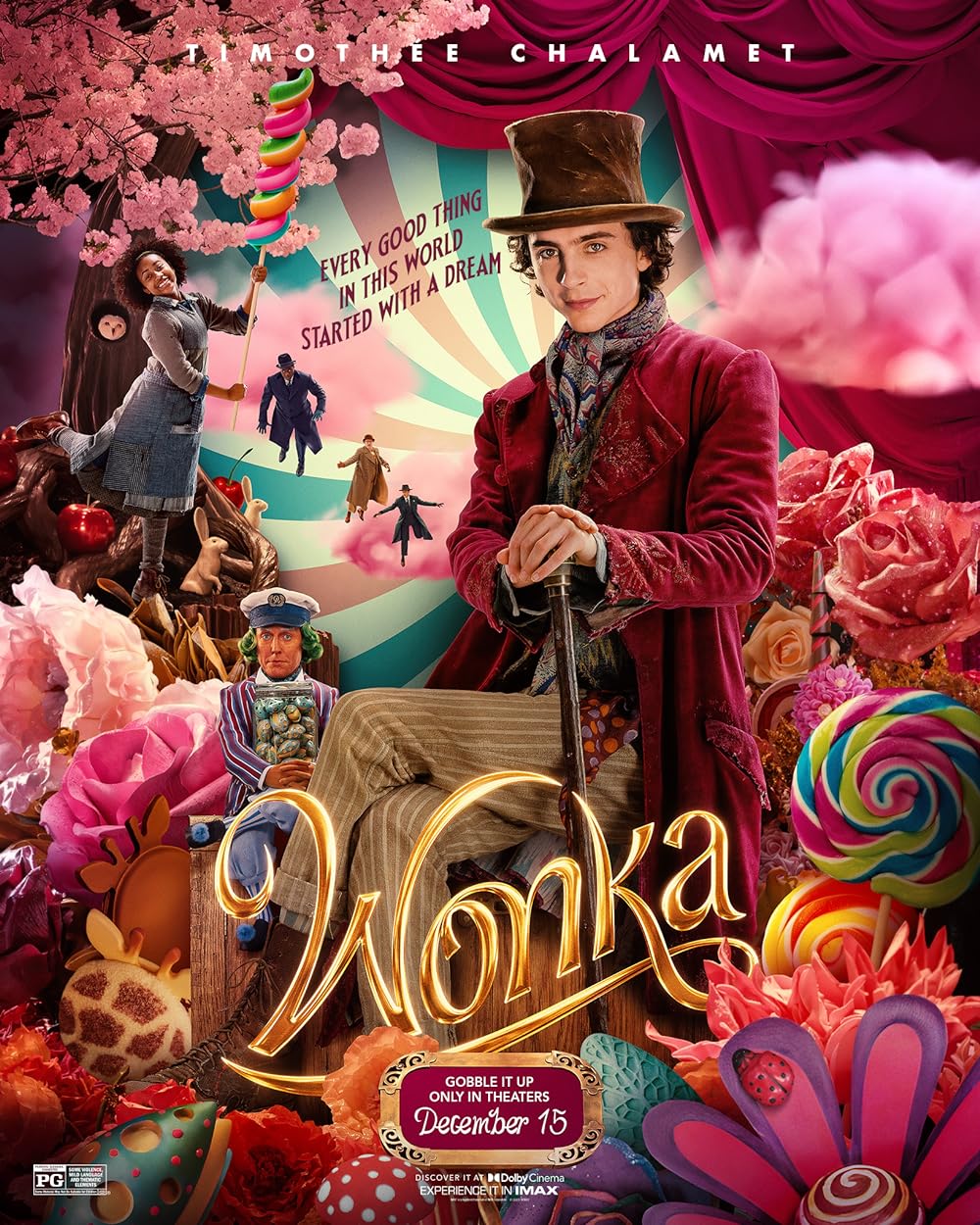
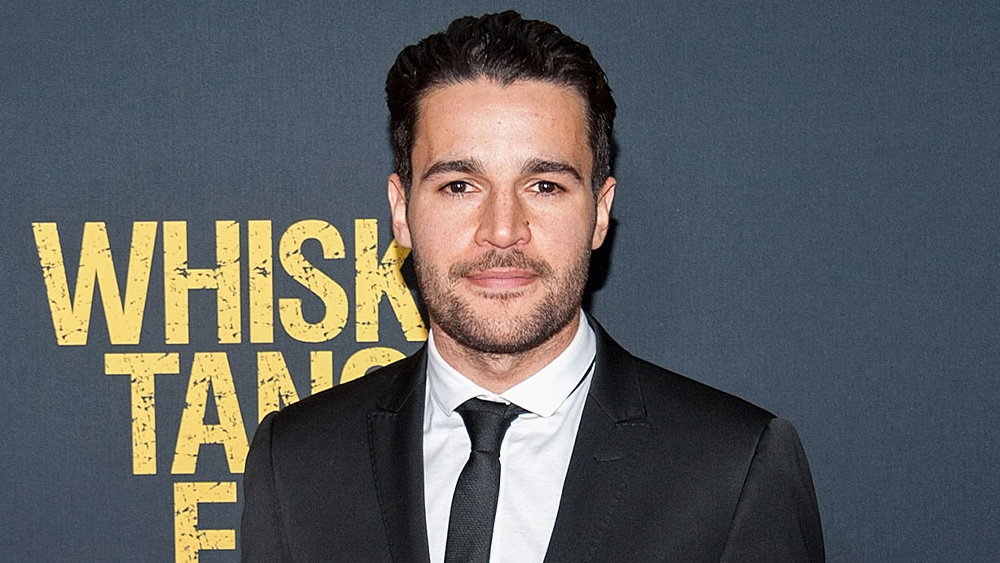
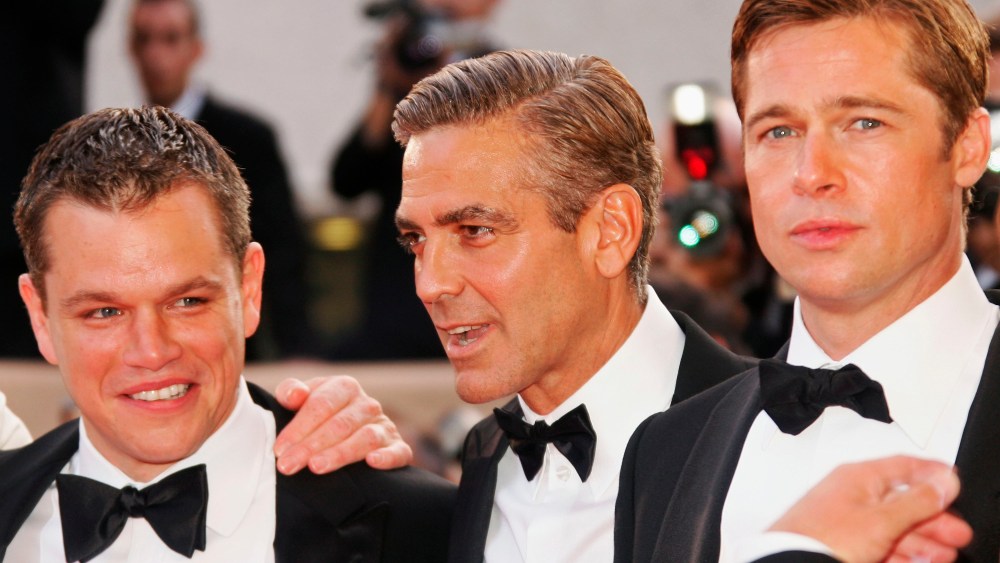
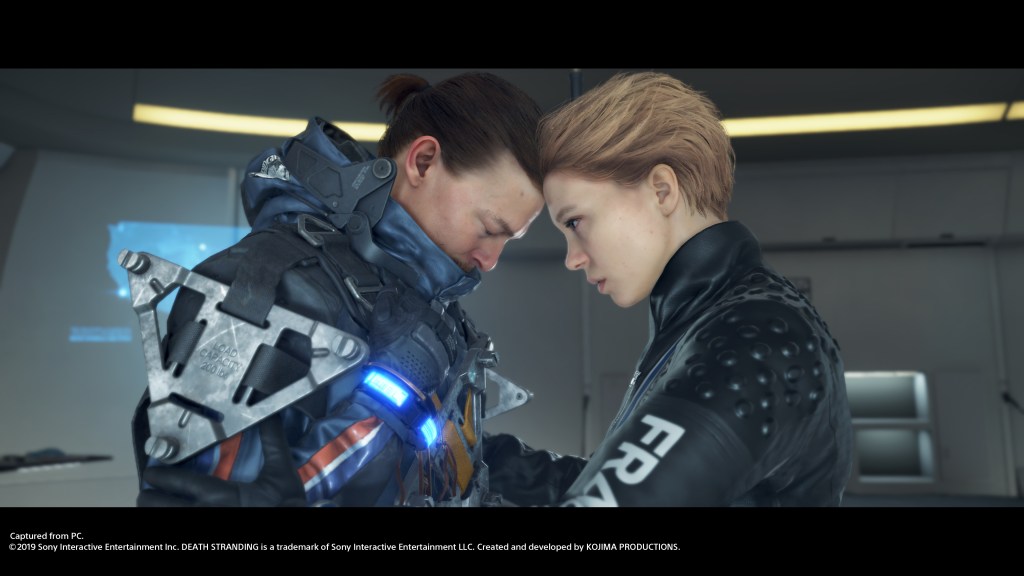

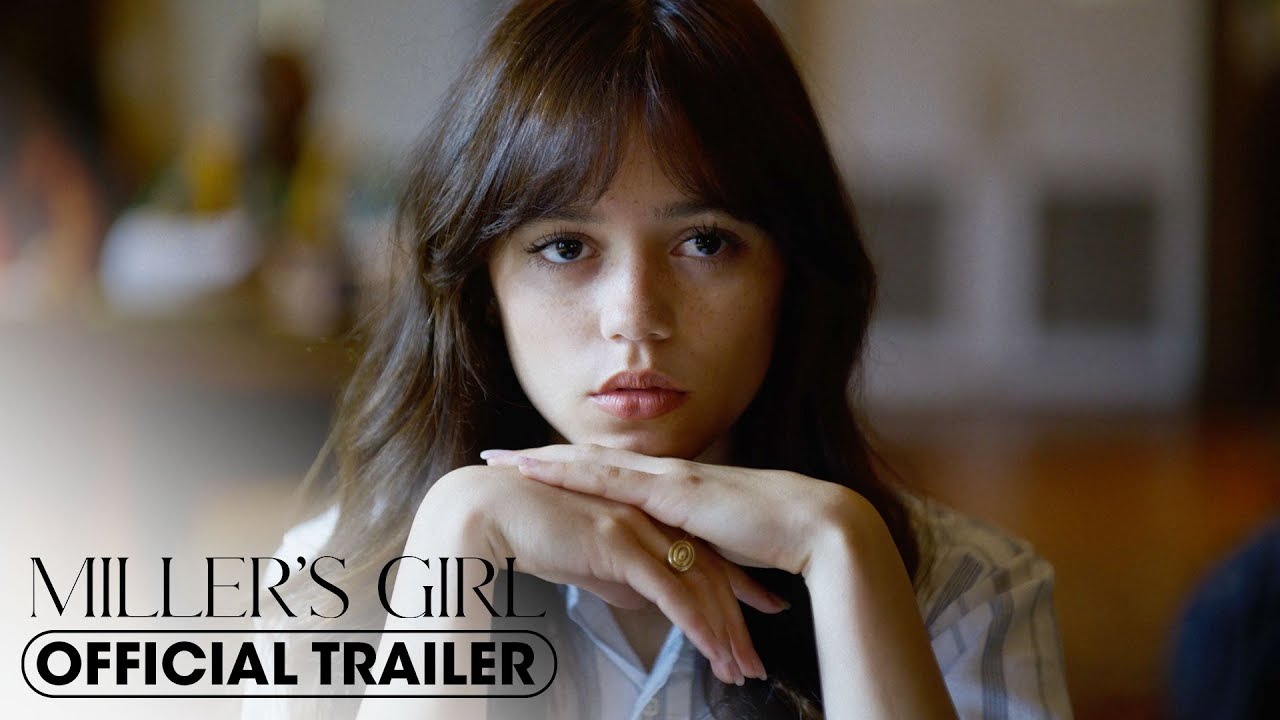

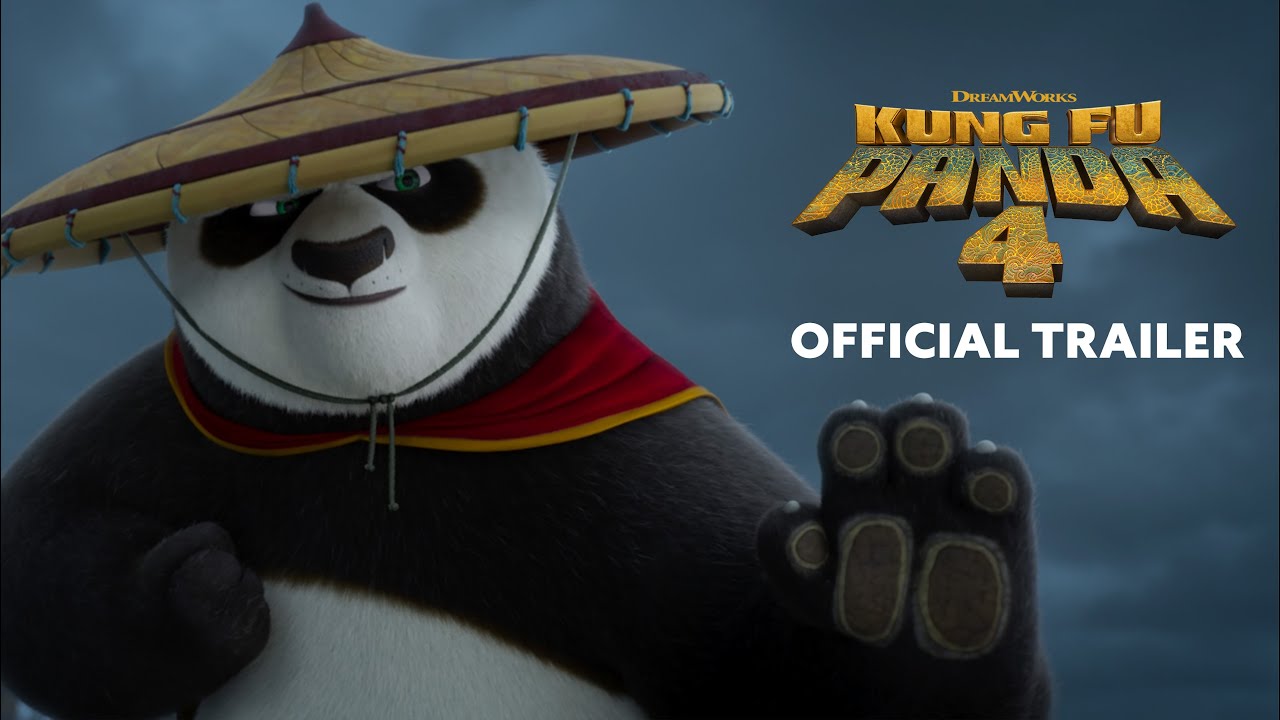

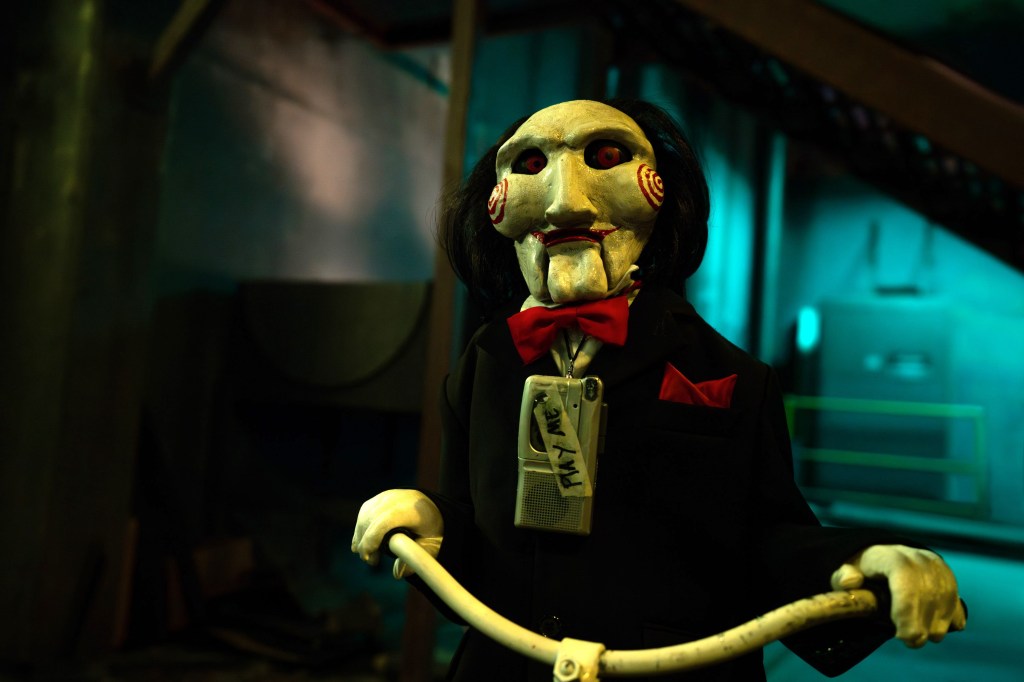
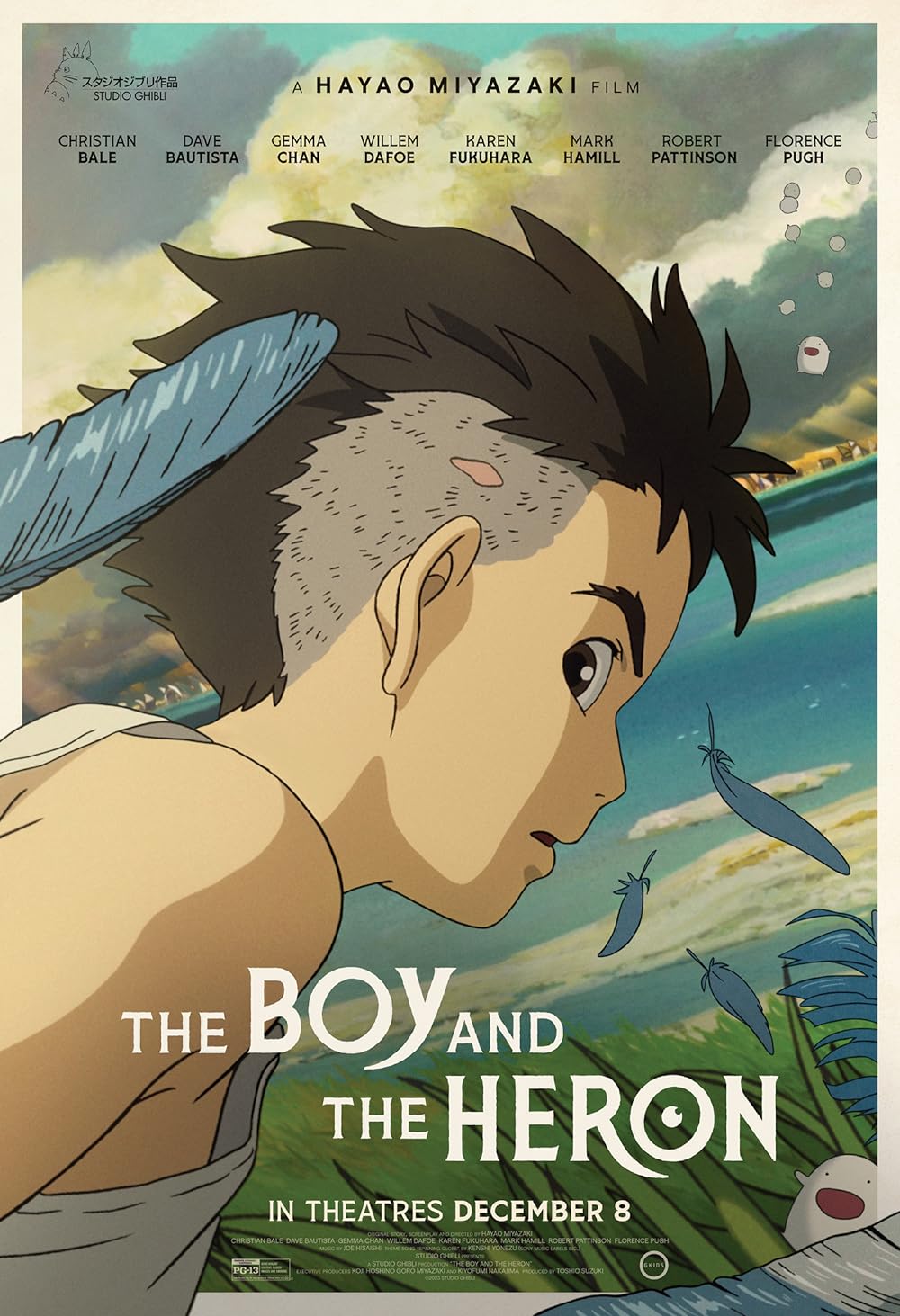
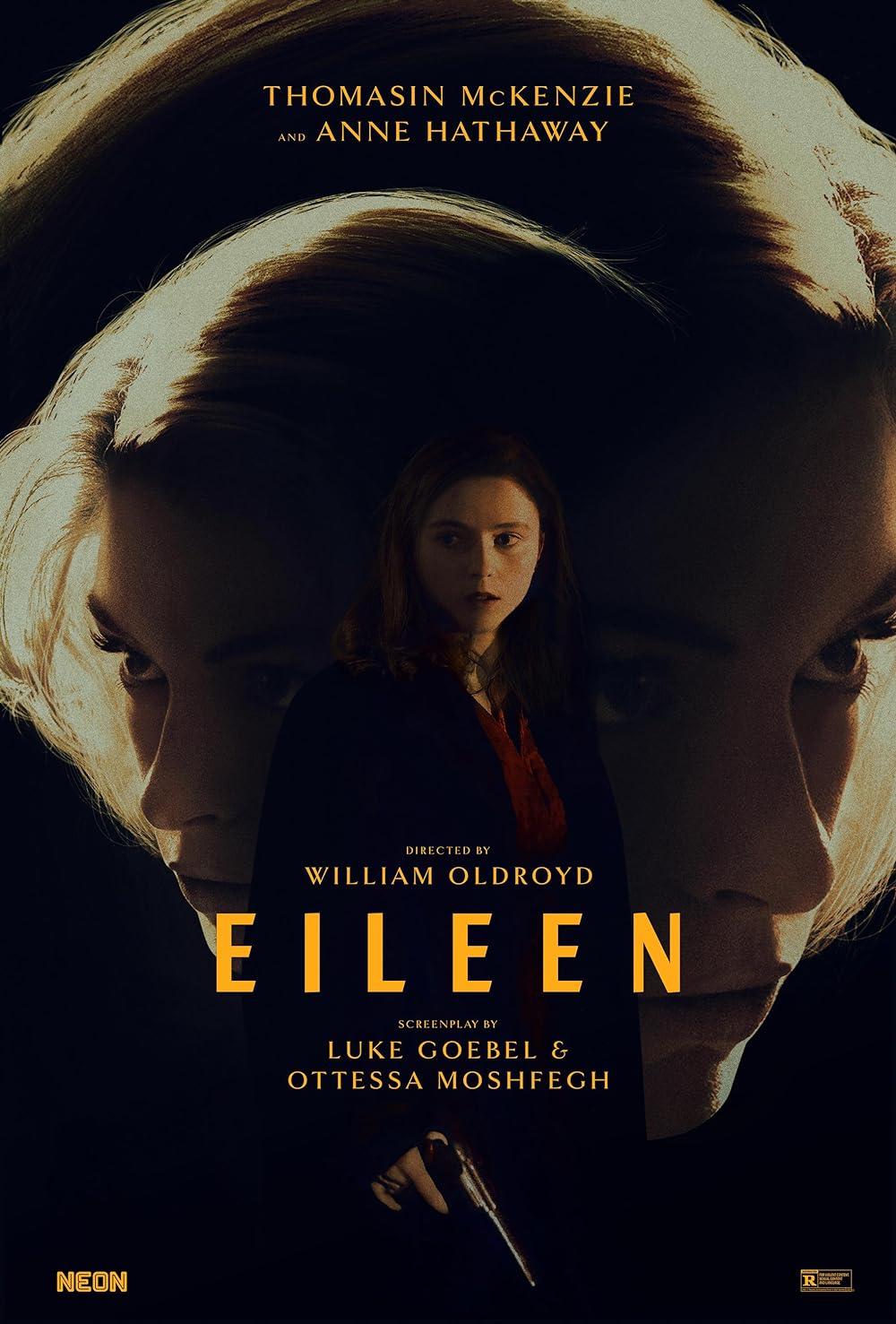
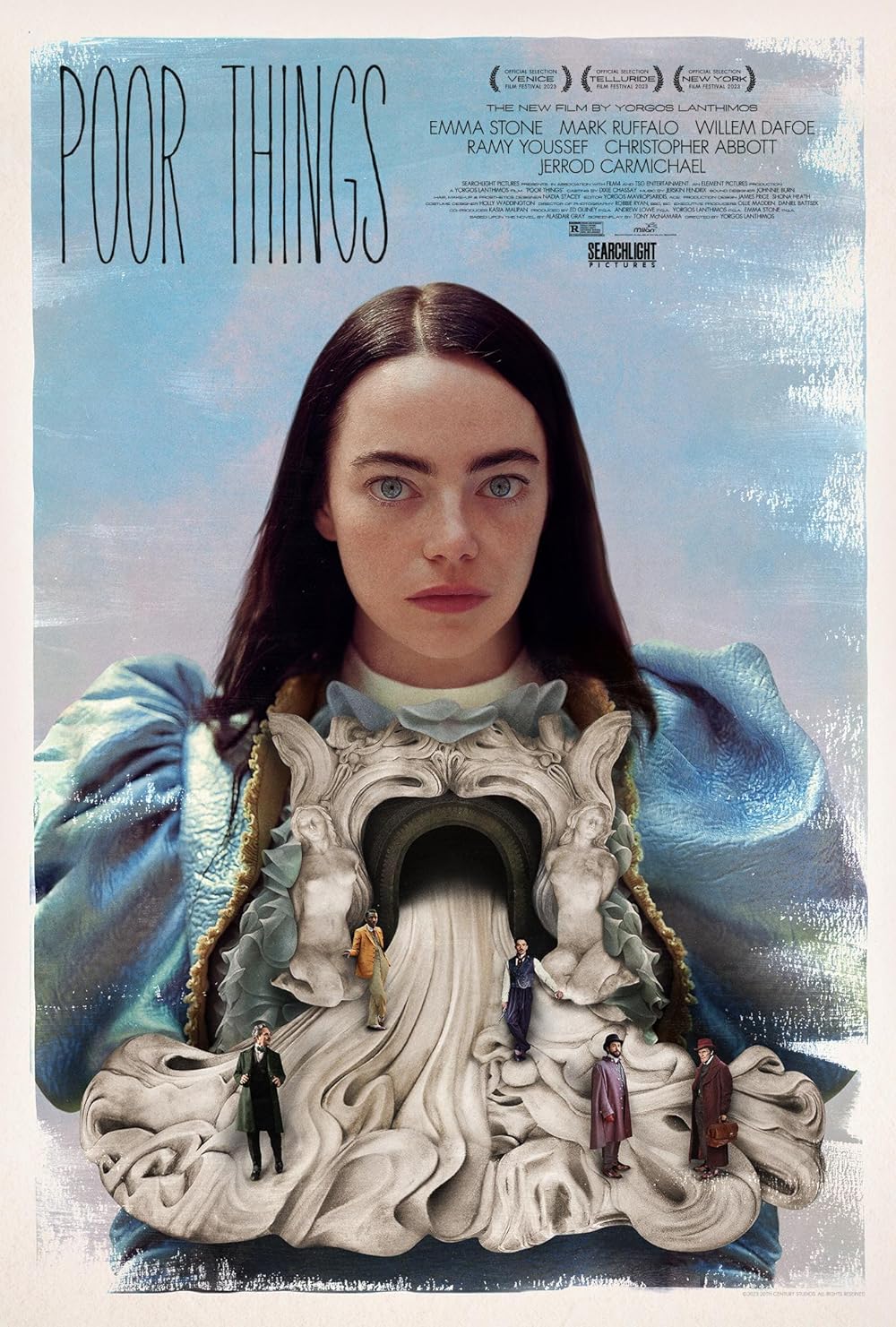
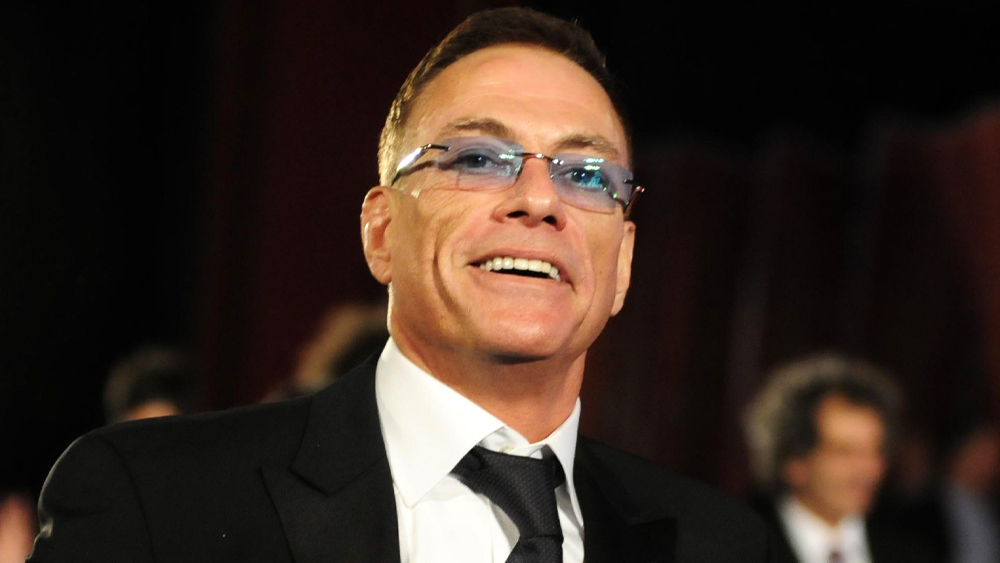
Leon is such a good movie. One of the first of the Oldman unhinged performances I can remember.